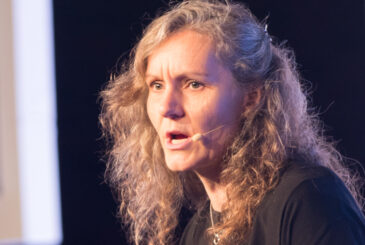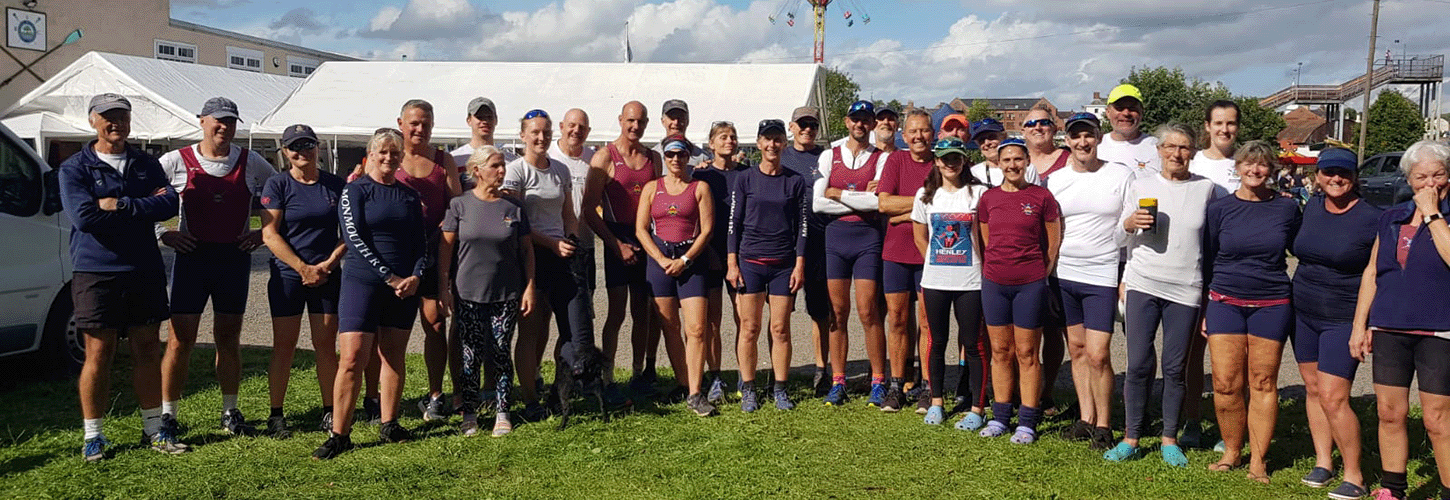
GB Rowing Team and International
Articles with a GB Rowing Team or international racing focus

Articles with a GB Rowing Team or international racing focus
Replaced by Civic https://www.civicuk.com/cookie-control/user-area via in Google Tag Manager, by Blue Frontier, February 2025.
